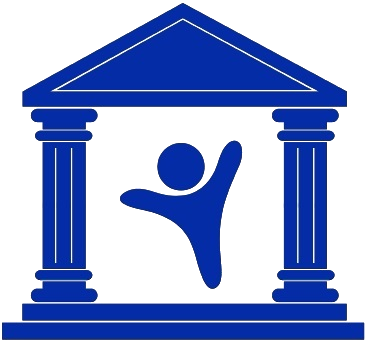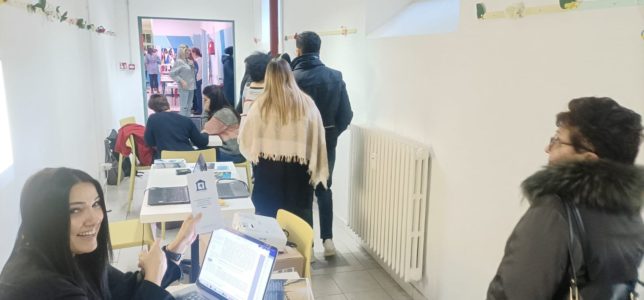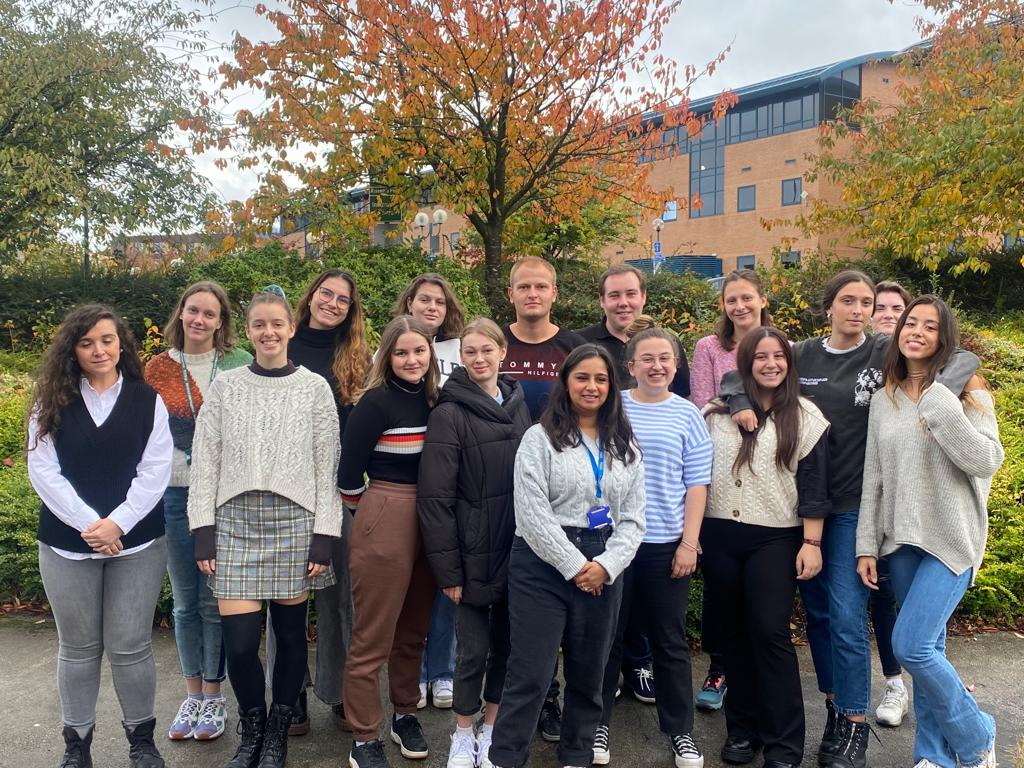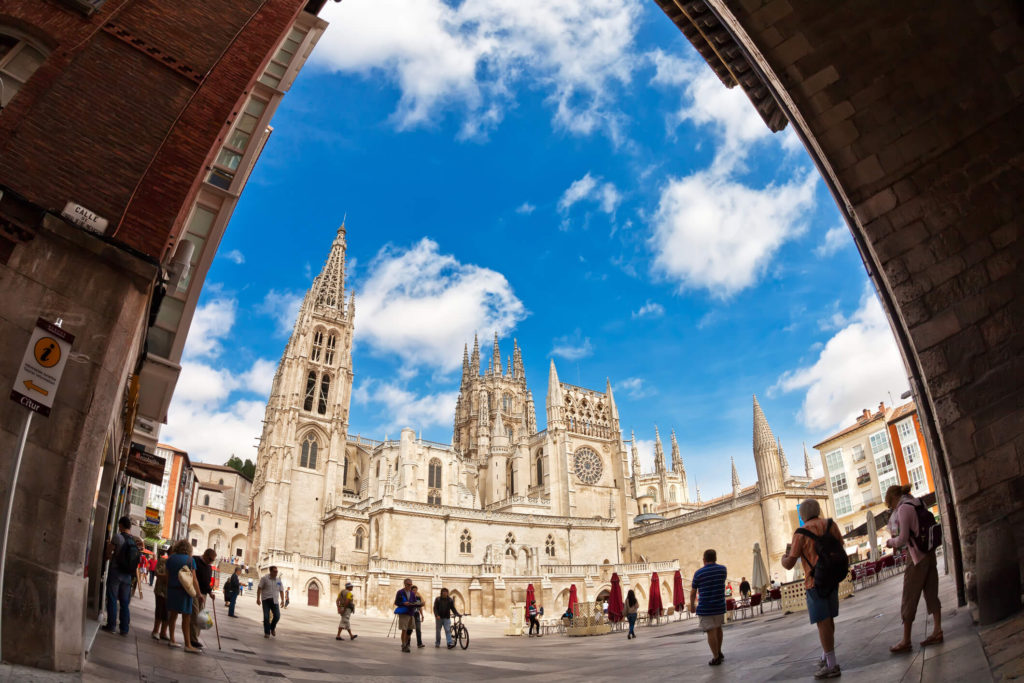The Italian Multiplier Event for the project was held on December 21, 2022, at the headquarters of the Istituto dei Sordi in Pianezza, Italy, and was attended by 22 participants. The event provided an opportunity for the project team to present the progress and outcomes of the ACCESSCULT project to a diverse group of stakeholders.
The event began with a warm welcome and an introduction to the ACCESSCULT project by the Director of the Foundation, Dr. Enrico Dolza. The Project Manager, Dr. Sofia Mastrokoukou, then presented an overview of the project, including its rationale, aims, and consortium. She explained that the project aims to promote sustainable accessibility of cultural heritage for all, with a focus on developing innovative higher education teaching content, and the Intellectual Outputs produced (IO1, IO2, IO3, IO4) were presented. The target groups for the project were also discussed, including cultural workers, museum workers, educators working with people with disabilities, CH operators and guides, students studying Art, and representatives of tech companies working on accessibility.
During the event, Nicola Della Maggiora, a Deaf activist and ICT manager of the Institute, explained in Italian sign language the importance of cultural accessibility and how the Turin Institute for the Deaf and its beneficiaries had the opportunity during the ACCESSCULT project to adapt the materials for the guided tours at the Municipal Gallery of Modern and Contemporary Art and to redesign the gallery’s website to make it accessible to the d/Deaf community. This highlighted the importance of inclusive practices in cultural heritage and the impact of the project in creating more accessible cultural experiences for people with disabilities.
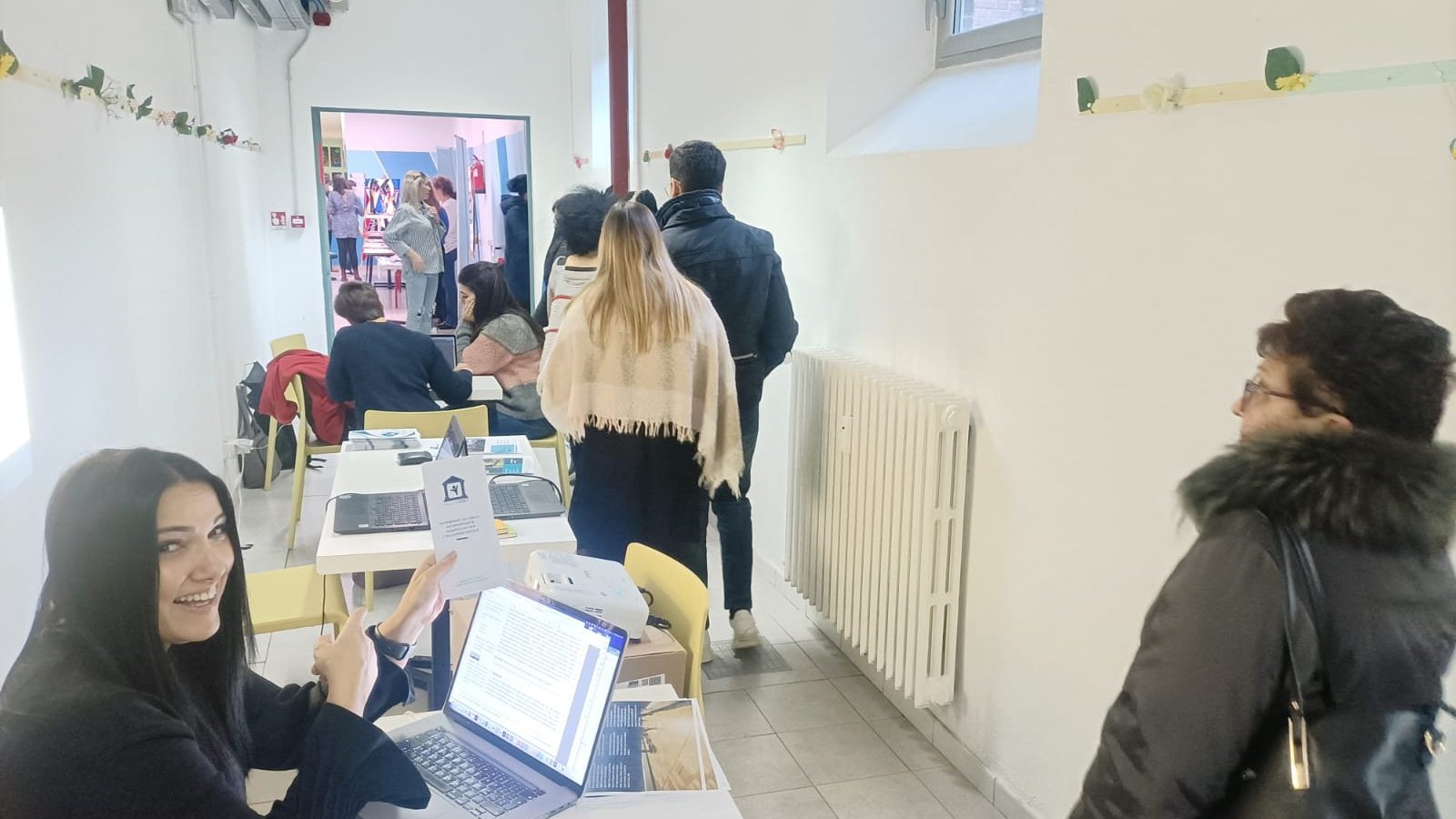
All of the information regarding the project was also shown on the ACCESSCULT Website and all materials that were developed were presented on the platform. This provided an opportunity for stakeholders to access the project materials and learn more about the project’s outcomes.
Before closing off each session, questionnaires were handed out and time was allowed for Q&A. This allowed participants to ask questions and provide feedback on the project and its outcomes. As regards the Q&A session, participants have asked questions about the specific teaching contents developed during the project, how these contents can be integrated into existing higher education curricula, or how they can be adapted to meet the needs of specific target groups.
Other potential questions were related to the impact of the project on the accessibility of cultural heritage for people with disabilities or how the project can be sustained beyond its funding period. Participants have also shared their own experiences and perspectives on the project and provided feedback on how it can be improved or expanded.
PARTICIPANTS
The majority of the participants were:
- cultural workers
- museum workers
- educators working with people with disabilities
- CH operators and guides
- students studying Art
- representatives of tech companies working on accessibility.
The participants were contacted through an open Facebook event and through the social media groups of Turin educators who work with people with disabilities. Representatives from the University of Turin expressed interest in testing the material produced with their students from the Faculty of Fine Arts. Microkosmos and ERGON a favore dei Sordi, two associations working intensively in the field of cultural accessibility, proposed and requested permission to participate in a similar training as the one conducted during the project period. Microkosmos Vice-Chair, Spyros Dimopoulos, specifically asked when and where this training could be conducted, as his organization was funded to attend a KA1 short-term training mobility. This highlights the potential impact of the project in promoting sustainable accessibility of cultural heritage beyond the project’s duration.
